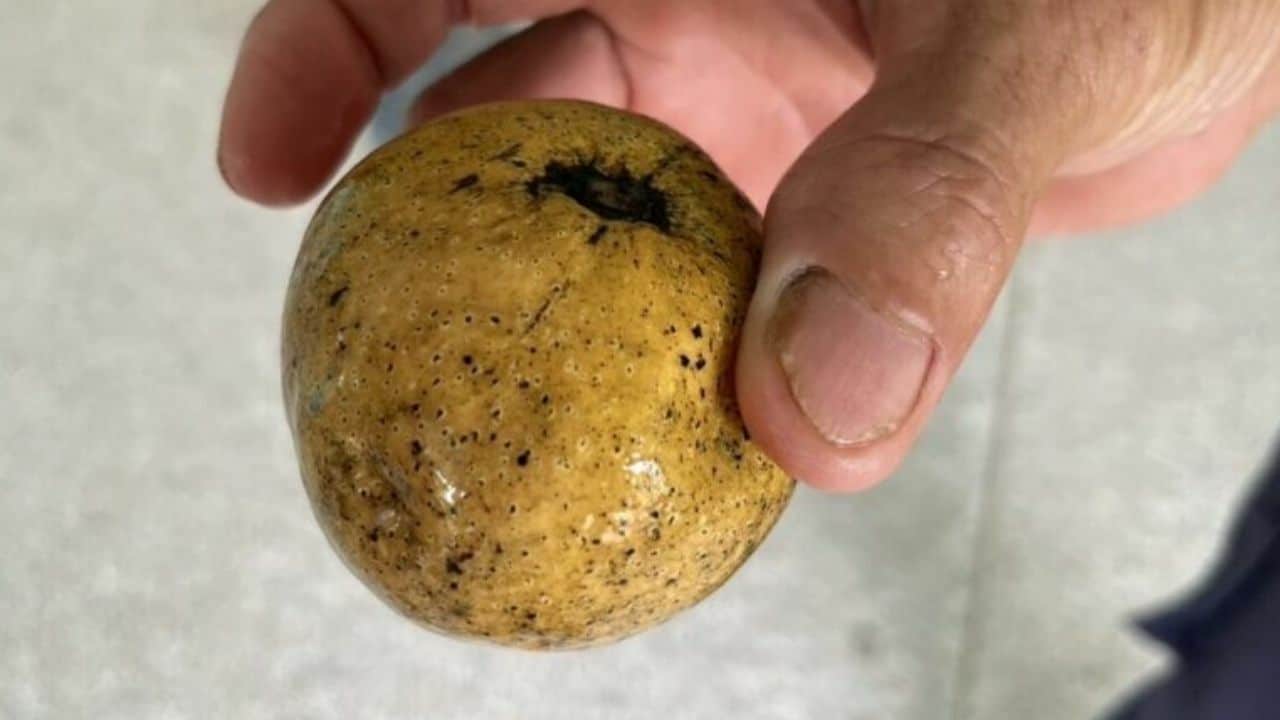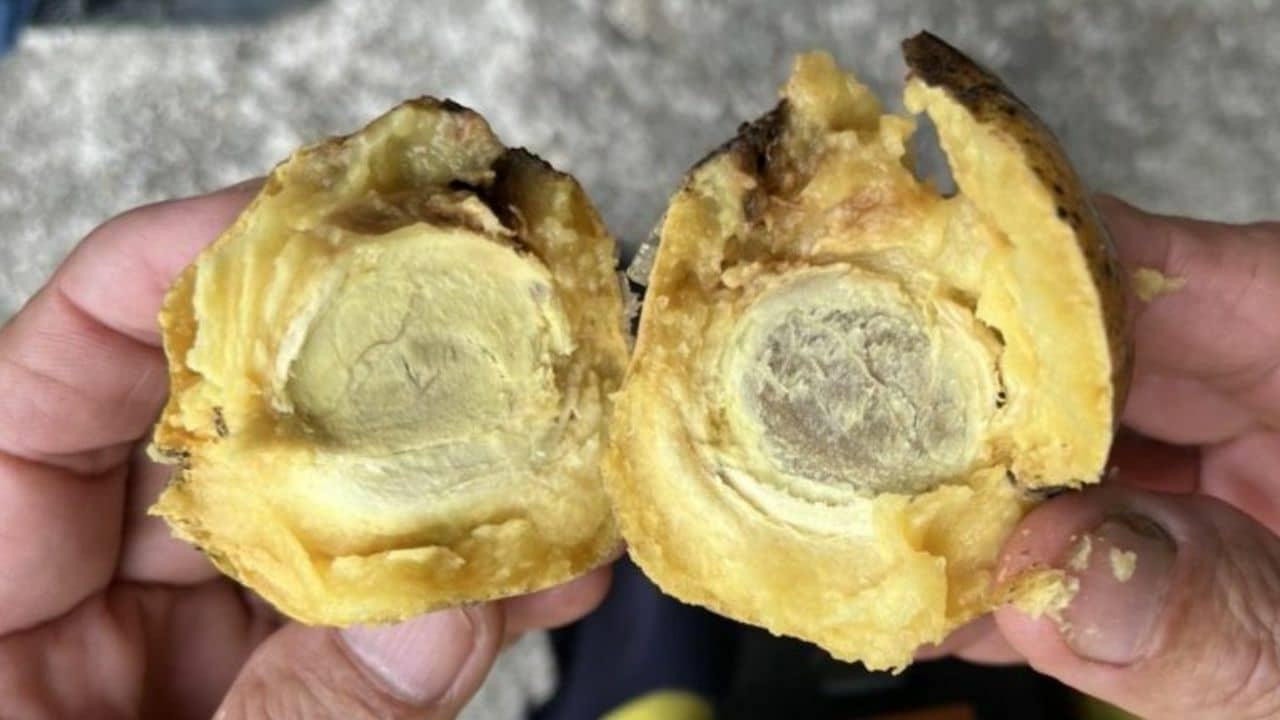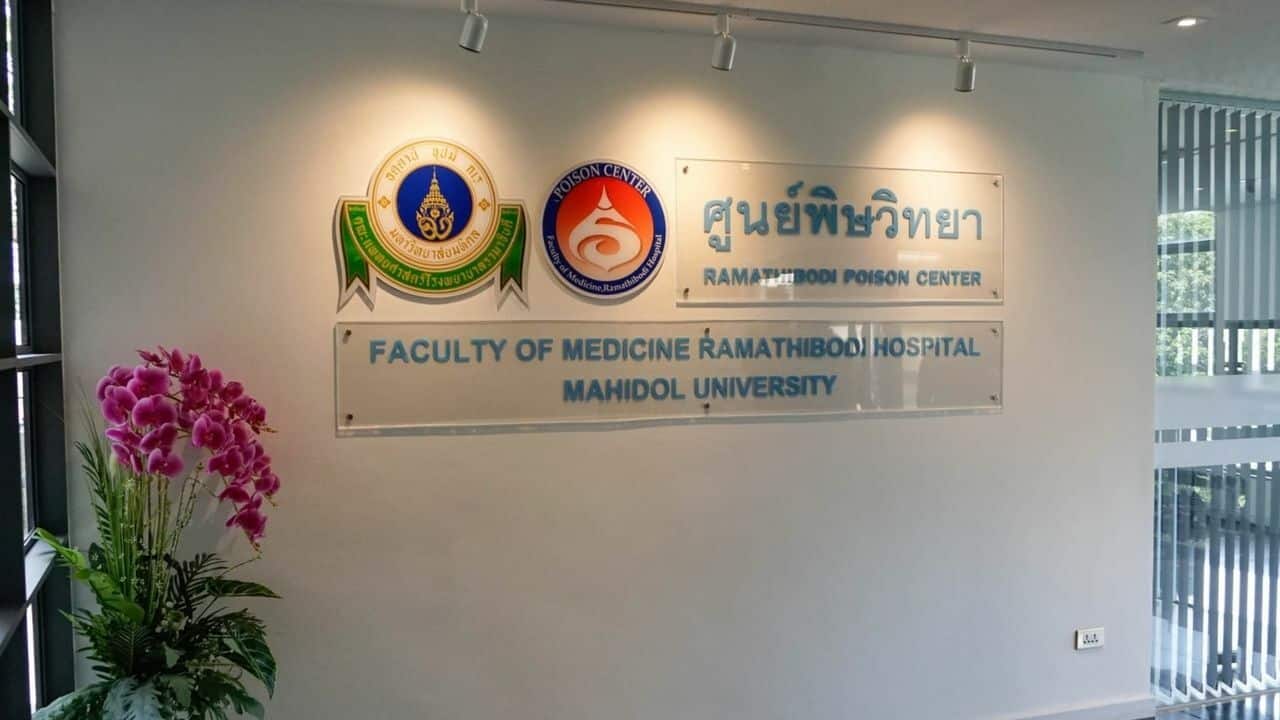7 Russian nationals hospitalised after eating unidentified wild fruit
Poison centre races to identify toxic substances in fruit

Rescuers rushed seven Russian nationals to hospitals after they consumed wild fruit while visiting Khao Na Nai Luang National Park in the southern province of Surat Thani.
Ta Khun Prom Foundation rescuers were called to assist the group, who suffered from dizziness and vomiting in the park area in Phanom district at 1.33pm yesterday, May 5. Five of the victims were female and two were male.
According to the rescue team, all of the Russian nationals remained conscious but experienced chest tightness and dizziness. Some continued to vomit.
Two of the women were in more serious condition than the others, exhibiting symptoms such as foaming at the mouth and severe dehydration from excessive vomiting.
According to Matichon, four of the tourists were discharged from the hospital, while three remained under close observation. These included 45 year old Spirina Olena, 50 year old Sierova Olqa, and 42 year old Nartalia Sytnikova. Olena and Olqa were admitted to Phanom Hospital, while Sytnikova was taken to Ban Ta Khun Hospital.

The group told rescuers they travelled to Surat Thani in a chartered vehicle from Phuket and entered the national park on their own.
They encountered a type of wild fruit, suspected to be a species of Diospyros, and sampled it, which led to the onset of symptoms. Rescuers believe the sap on the fruit’s skin may have been the cause of the adverse reaction.

Photographs shared by Matichon show a round, yellow fruit with black specks on the skin. The flesh is yellow and soft, containing a single large seed. Although the exact species has not been confirmed, most Thai media outlets suspect it to be Diospyros, known locally as “Ma Plub Sam Kler.”
Many Thai netizens speculated about the fruit’s identity in the comment sections of several news reports. Some noted that they had seen monkeys eat the fruit and questioned why it only affected humans.

ThaiRath reported that the fruits have been sent to the Ramathibodi Poison Centre for analysis to determine their type and identify any toxic substances.
Latest Thailand News
Follow The Thaiger on Google News:


























